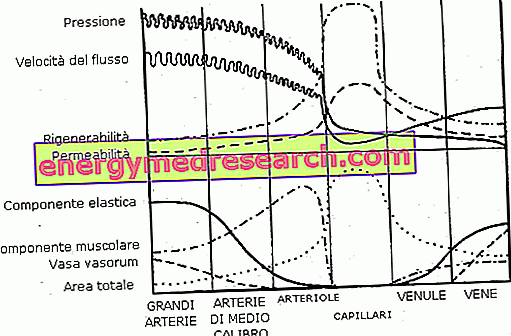By Dr. Stefano Casali
Work-related stress manifests itself when the demands of the work environment exceed the ability of the worker to face them (or control them). Stress is not a disease, but can cause mental and physical health problems if it manifests itself with intensity for prolonged periods. Working under a certain pressure can improve performance and give satisfaction when challenging goals are reached. On the contrary, when demands and pressure become excessive, they cause stress. Stress can be caused by problems at work or in other areas, or by both, it can also be caused by the way the work is organized and the tasks that need to be performed.

According to the Workload model - Job strain model (Karasek R., Theorell T., eds., 1990), the work stress would be caused mainly by the combination of an excessive workload and a scarce possibility of controlling the tasks to be performed. play. Therefore, even in the presence of a heavy workload, a worker may not feel stressed if he feels he can handle this load in the most appropriate manner.
The imbalance model between effort and reward - Effort-reward imbalance model (Siegrist J .; Peter R., 1994), hypothesizes that work stress is found in the presence of a high commitment on the part of the worker associated with a poor reward. Where the term reward means financial gain, social approval, job stability and career opportunities.
According to the European Commission; Directorate General for Employment and Social Affairs (EUROPEAN COMMISION, 1999), the most common factors that can determine stress related to work are:
Excessive or insufficient amount of work to be performed
Insufficient time to complete the job satisfactorily for both others and for themselves
Lack of a clear description of the work to be performed or a hierarchical line
Insufficient reward, not proportional to the service
Impossibility of expressing complaints
Heavy responsibilities not accompanied by adequate authority or decision-making power
Lack of collaboration and support from superiors, colleagues or subordinates
Inability to effectively express talents or personal skills
Lack of control or pride in the finished product of one's work
Job insecurity, uncertainty of the position occupied
Unpleasant working conditions or dangerous work
Possibility that a small mistake or inattention could have serious consequences.
If in our work environment only one of the conditions mentioned above is verified, it is likely that we are workers under stress, with all the risks that this entails for our health. Obviously, to limit the causes of stress, we should act at both a personal and organizational level.



